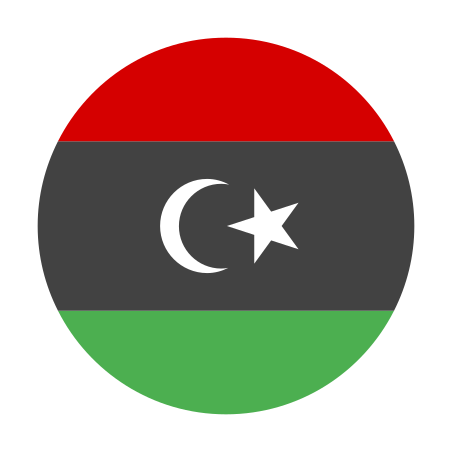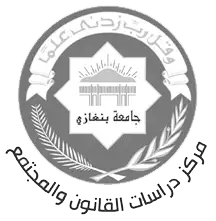Justice seeking and access to justice in Libya: People who suffered war-related damage during the Tebu-Tuareg armed conflict in Awbari
Who is responsible for damages resulting from a civil war? Ahmed al-Radamah interviewed Tebu, Tuareg and Arabs in Awbari who suffered damages during the 2014 fighting. They tried different mechanisms to get a remedy - taking their claims beyond Tripoli to Qatar - yet so far compensation remains a distant promise and the process is shrined in contested uncertainty.
When conflict erupted across Libya in 2014, in the southern town of Awbari fighting occurred between ethnic Tebu and Tuareg. People were killed and wounded, and properties were destroyed. And when the dust settled, many people were uncertain whom to turn to for a remedy. This case focuses on eight people affected by the Awbari conflict, and their attempts to find justice.
Our respondents had unique stories of damage. For instance, the house of our respondent Mohammed, a Tabu, was shelled with a mortar. This killed his brother, destroyed his house, and badly wounded Mohammed’s leg. For treatment Mohammed spent three months in Egypt, nine months in Tunisia, and eight months in Greece. The house of another man, Muhammad Ahmad, caught fire during the conflict, and his farm’s fence and irrigation network were destroyed.
The first step that most affected people, including Muhammad Ahmed, took to search for justice, was to file a report of the damage at the Awbari police station. At the time, the station was crowded with people affected by the Tabu-Tuareg conflict, and the waiting time reached about an hour. Still, our respondents reported little difficulty at this step. The police station received them with open arms, and the investigators were competent young people who took the statements of all the injured. The police wrote a report for everyone, based on simple questions: ‘what was the damage?’, ‘what did the house contain?’, ‘how many devices were in the house?’, ‘how many air conditioners?’, and so forth. A copy of this police report was offered to each complainant, and the police bureau kept the originals. The station’s Investigation bureau was filled with such papers, indicating that many of the affected reported to the station.
This reporting of the damage to the police station, was a first and necessary step before people could turn to a specialised committee which had been established by Awbari’s municipal council. This committee’s first task was to count and register the victims, also with an eye on possible future state compensation. The respondents reported that a copy of the victims’ files was handed over to Awbari’s municipal council. The council, then, was to look for a suitable party which could consider the victims’ plights and compensate the deserving.
Yet compensation remained a distant promise. After all, many areas of Libya had been affected by the war – Sabha, Awbari, Murzuq, Kufra, Qawalish, etc – although the damage vary per region. In Awbari, too, people have not been affected equally. Some victims cannot return to their normal life without compensation, while other victims’ situations are reasonably good. And so, some community members call not only for individual compensation, but also (or rather) for projects that serve everyone: such as factories, infrastructure, or public housing.
The Tebu and Tuareg search for compensation briefly became more hopeful, due to the involvement of Qatar. First, a reconciliation initiative between the Tebu and Tuareg communities of Awbari was conducted in Qatar. Then, the Tebu and Tuareg requested reparations from Qatar to enable the affected to return to their homes. From the reconciliation agreement emerged a committee composed of engineers which in turn formed working teams from young people – Tebu and Tuareg both – to communicate with those affected from their tribes. When interviewed in this process, residents recommended that buildings which had become uninhabitably damaged were to be removed, and that those affected be compensated. But then a rift occurred between the Qatari foreign ministry and the Libyan state. It seemed that the Qataris wanted to deliver compensation directly to those affected, so that they would be certain of the fate of their money. Yet the Libyan state insisted that compensation would be given through the Awbari municipal council as the representative of the state.
Our respondents were uncertain where the process was now. It seemed that things were stuck. The Qataris had wanted to consult with the Tebu and Tuareg signatories of the reconciliation agreement on the appropriate mechanism for reparation and compensation. But the signatories could not travel to Qatar to clarify matters, nor extract any funds from the donor state. Now it was unclear to our respondents whether some money had been allocated or not, or whether Qatar had retracted its promised compensation.
This summary was published in Suliman Ibrahim, Bruno Braak and Jan Michiel Otto (2022) 'The Long and Winding Road: Justice seeking and access to justice in Libya', Leiden/Benghazi: Van Vollenhoven Institute/Benghazi Centre for Law and Society Studies.




